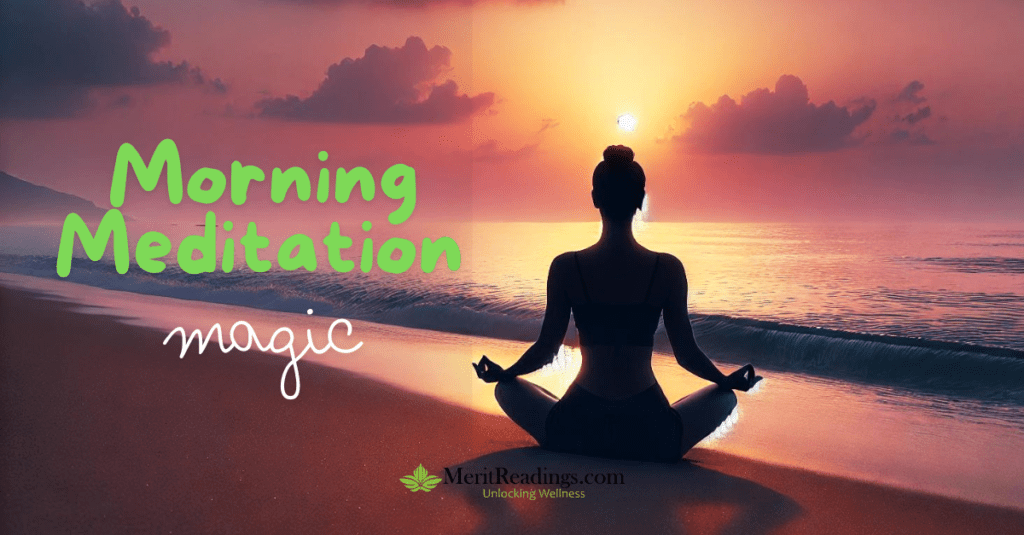Being tough helps you get through life, but being gentle helps you enjoy it.
Life doesn’t always go as planned. You might have big goals and things you want to achieve, but sometimes life gets in the way. I remember a time when I had so many things lined up and then, out of nowhere, I got sick. Everything I planned came to a sudden stop, and at first, I was frustrated and upset. I thought, “Why can’t I just keep going?” But after a while, I realized it was okay to rest. Instead of being hard on myself for not meeting my goals, I decided to be kind to myself. I gave myself the space to heal, knowing that I was doing the best I could under the circumstances. It wasn’t easy, but by being gentle with myself, I was able to recover and keep a positive mindset.
Being gentle with yourself doesn’t mean avoiding hard times or challenges. It’s about treating yourself with patience, kindness, and understanding when things go wrong. Instead of beating yourself up, you allow yourself to feel what you feel and give yourself a break. When you do this, it’s like building a positive relationship with yourself. You get stronger and feel better about things, even when life doesn’t go perfectly.
Understanding Self-Compassion
Being gentle with yourself is an act of self-love and self-care.
There is a simple word for being gentle with yourself: compassion. Self-compassion means treating yourself with the same care and kindness you would offer a close friend. It’s different from being lazy or avoiding responsibilities. Instead, self-compassion helps you recognize your mistakes, learn from them, and move on without being too hard on yourself.
For example, once I made a mistake at work that caused a delay. At first, I felt really upset with myself. But then, I remembered that everyone makes mistakes. Instead of staying angry at myself, I decided to learn from it and focus on doing better next time. This helped me feel more at peace and not weighed down by guilt.
Some people might think that being kind to yourself means you’re being lazy, but actually, it helps you become stronger and more balanced.
Why We Struggle with Self-Kindness
Many people find it difficult to be gentle with themselves due to various factors, such as:
- Perfectionism and Social Pressure – The need to always meet high standards can make self-compassion feel like weakness.
- Fear of Failure – Many people believe that being too kind to themselves will make them lose motivation.
- Comparisons with Others – Social media and societal expectations often make people feel like they are not doing enough.
Recognizing these struggles is the first step toward changing how you treat yourself.
Recognizing When and How to Be Gentle with Yourself
Sometimes it’s hard to know when you’re being too hard on yourself, but here are some signs to look out for:
- Negative self-talk and frequent self-criticism.
- Feeling guilty for resting or taking time for yourself.
- Setting unrealistic expectations and feeling disappointed when you don’t meet them.
If you notice these signs, it’s time to practice being gentle with yourself. Here are some moments when you can intentionally apply gentleness:
1. While Meditating
Meditation is a great time to practice gentleness. Allow your thoughts to come and go without judgment, focusing on your breath.
2. During Reiki Sessions
Whether you’re giving or receiving Reiki, let yourself relax and receive the healing energy with love and acceptance.
3. When You Face Setbacks
Life’s challenges can feel overwhelming, but being gentle in these moments helps you bounce back without harsh self-criticism.
4. In Moments of Rest
Rest is a form of self-care. Allow yourself to rest without guilt, knowing it’s essential for your well-being.
5. While Reflecting on Your Journey
Look back at your progress with kindness. Celebrate your growth without judgment.
Practical Ways to Be Gentle with Yourself

If you relate to the signs above, here are ways to practice self-kindness and how to be gentle with yourself:
1. Change Your Thoughts: Talk to yourself like you would talk to a friend. Instead of saying “I’m not good enough,” say “I’m doing my best, and that’s okay.”
2. Accept Your Mistakes: Understand that everyone makes mistakes. It’s part of growing.
3. Set Realistic Goals: Don’t put too much pressure on yourself. Set goals that are achievable and allow yourself time to reach them.
4. Take Care of Yourself: Rest, eat well, and do things that help you feel good. Whether it’s journaling, taking a walk, or meditating, make time for self-care.
5. Stay in the Moment: Pay attention to how you feel right now without judging yourself. This helps you avoid negative thoughts.
6. Celebrate Small Wins: Every small step forward is important. Give yourself credit for what you’ve achieved, even if it’s just getting through the day.
7. Write Gentle Affirmations in Your Journal – Write kind and positive statements about yourself. Here are some be gentle with yourself quotes you can say or write in your journal:
- Today I am choosing to embrace both strength and softness.
- I understand that being gentle with myself does not make me weak, but rather, fully human.
- I welcome moments of stillness and rest, allowing peace to meet me exactly where I am.
Additional Resources to Deepen Your Practice
If you’re ready to dive deeper into the practice of being gentle with yourself, here are some valuable resources to guide you on your journey:
Be Gentle with Yourself Books
- Self-Compassion: The Proven Power of Being Kind to Yourself by Kristin Neff
- The Gifts of Imperfection by Brené Brown
- Radical Acceptance by Tara Brach
- The Power of Now by Eckhart Tolle
Websites
- Kristin Neff’s Self-Compassion Website
- Mindful Self-Compassion (MSC) Program
- Brené Brown’s Blog and Resources
Apps
- Calm
- Headspace
- Insight Timer
Journaling Prompts
- “What are three things I’m grateful for today?”
Gratitude journaling helps shift the focus from self-criticism to appreciation. - “What would I say to a friend who is feeling what I’m feeling right now?”
This helps to reflect on how you would offer kindness to others and turn that toward yourself. - “What’s one way I can be kinder to myself today?”
A simple prompt to encourage small, daily acts of gentleness.
Videos and Podcasts
- Brené Brown’s TED Talk: “The Power of Vulnerability“
- The Mindful Kind Podcast by Rachael Kable
- Self-Compassion by Kristin Neff (YouTube Video)
These resources provide practical tools and deeper insights that can help you build a lasting practice of self-kindness. Whether you’re looking for books to read, guided meditations, or podcasts to listen to, these will support you in your journey toward being gentler with yourself.
Real-Life Benefits of Being Gentle with Yourself
When you start treating yourself with kindness, you’ll notice:
- Improved Mental Health – Reduced stress, anxiety, and feelings of unworthiness.
- More Strength – The ability to bounce back from setbacks with a healthier mindset.
- Stronger Relationships – When you are kind to yourself, it reflects in how you treat others.
- Increased Self-Confidence – Accepting yourself helps you feel more secure and self-assured.
Conclusion
Being gentle with yourself doesn’t mean avoiding responsibility or ignoring personal growth. It means understanding that you are human and deserving of kindness, just like everyone else. Growth takes time, and self-compassion helps you move forward without unnecessary guilt or pressure. Next time you catch yourself being too critical, pause and remind yourself: I am doing my best, and that is enough.
FAQs:
Q: How can meditation help me be more gentle with myself?
A: Meditation helps calm your mind, reduce stress, and make you kinder to yourself. When you meditate, you can observe your thoughts without judging them. This helps you accept yourself more and build a stronger, more positive mindset.
Q: Can Reiki help me practice self-compassion?
A: Yes, Reiki can help you be kinder to yourself. Reiki helps relax your body and mind, release negative emotions, and restore balance. By practicing Reiki, you can connect with yourself better and treat your body and mind with more care.
Q: What are some easy meditation techniques to practice self-kindness?
A:
- Loving-Kindness Meditation (Metta): Focus on sending love and kindness to yourself and others.
- Body Scan Meditation: Pay attention to each part of your body without judging it.
- Mindfulness Meditation: Stay in the present moment and accept your thoughts without criticizing them.
Q: Can practicing meditation and Reiki together enhance self-compassion?
A: Yes, doing both meditation and Reiki together can be very helpful. Meditation helps you calm your mind and focus inside, while Reiki helps relax your body and energy. Together, they can make you feel more relaxed and emotionally balanced, helping you be kinder to yourself.



